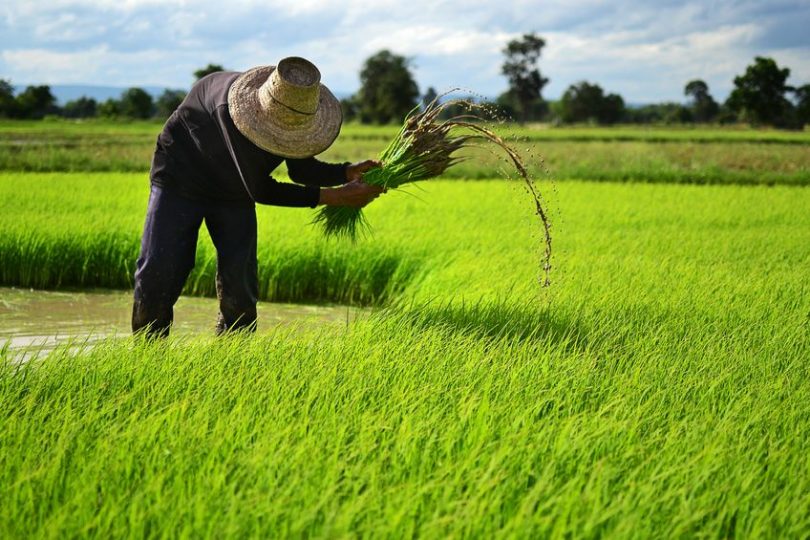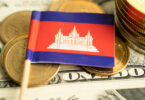Oxfam has initiated a project to improve the lot of Cambodian rice farmers through the use of blockchain.
The Blockchain For Livelihoods From Organic Cambodian Rice (BlocRice) project targets small-scale farmers in the Preah Vihear province, Central North of Cambodia.
The project has several aims:
- Introduce cashless payments based upon digital acceptance of delivery
- Introduce smart contracts between members of the supply chain
- Provide information to consumers of the organic rice
Cambodian farmers lack negotiating power and often underprice their produce because they’re under pressure to repay loans. One of the objectives is to ensure fair trade and reasonable payment. Hence if amounts paid by middlemen are recorded on a blockchain, the transparency will improve the farmers’ bargaining position.
In 2012, Kalyan Mey, a senior advisor to Cambodia’s Supreme National Economic Council, said that interest rates could reach a staggering 50%.
‘We expect to empower them in their price negotiations and in finding buyers,’ Oxfam told Nikkei Asian Review.
Solinn Lim, country director of Oxfam in Cambodia, added: “the sheer fact of being registered as an actor on the blockchain platform implies that people matter. BlocRice will give them a platform to empower themselves.”
Oxfam hopes these changes will improve the farmers’ livelihood and supply conditions.
BlocRice also envisions an application that consumers could use to trace the origins of the rice they buy in stores.
The project has support from various institutions including the Ministry of Agriculture, Forestry and Fishery, the NGO Development and Partnership in Action (DPA) and the Sdao Aphiwat Agriculture Co-operative.
Oxfam is running the initiative through March 2019. If the pilot is effective, they intend to expand to other regions and crops.
Other food traceability blockchains
There’s also a rice traceability project involving Alibaba’s TMall and Ant Financial in China.
In the US, BeefChain aims to get better prices for Wyoming cattle ranchers. TE-FOOD which powers BeefChain also launched a pig tracking initiative in Vietnam. In the UK, the Food Standards Agency started to use blockchain to trace cattle at the slaughterhouse. This is primarily to trace potential contamination issues with plans for further traceability.
The highest profile initiative is the IBM Food Trust program with Walmart. French retailer Carrefour launched a traceability project for its premium farm products. And Subway and Tyson are testing FoodLogiQ’s blockchain traceability project.






